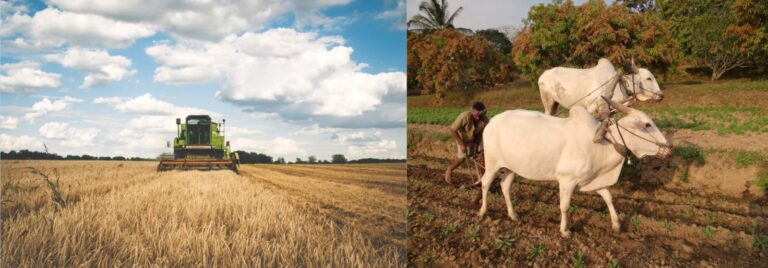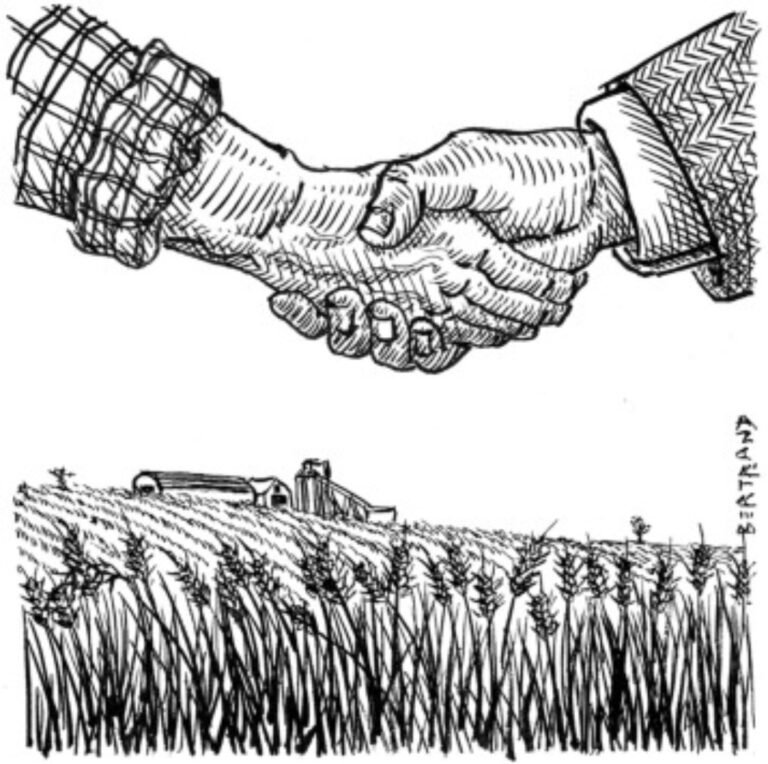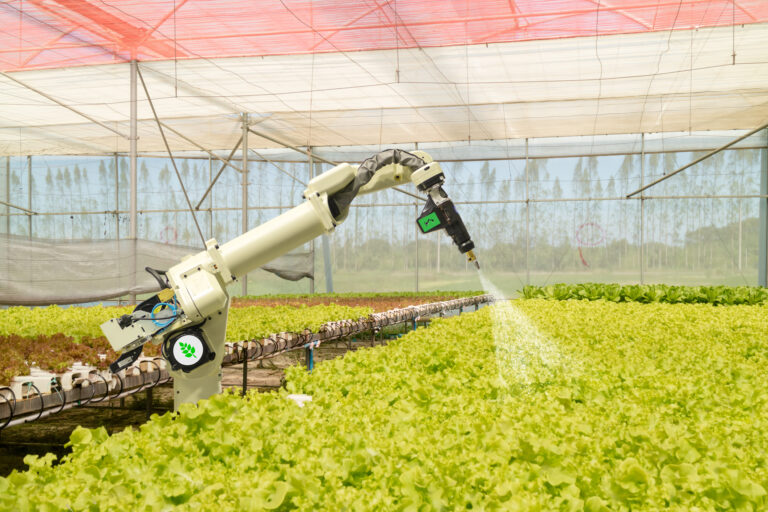the advantages and disadvantages of agribusiness
Discover the advantages and disadvantages of agribusiness, from efficiency and economic growth to corporate control, market barriers, and sustainability concerns.

Discover the advantages and disadvantages of agribusiness, from efficiency and economic growth to corporate control, market barriers, and sustainability concerns.

Good or bad, agribusiness is an undeniable part of the agricultural landscape. We often associate the concept with (bad) industry practices and giant corporations. These associations aren’t wrong, but there is so much more to agribusiness than widely- known cultural giants with poor social and environmental track records. So, what does agribusiness really mean? The…

Historically speaking, agriculture has been treated as a single, unified sector in which existing market mechanisms (most commonly government intervention) enabled the coordination of production and distribution. This approach failed to account for the activities engaged in by private entities, e.g. farmers or industries working with farmers. The common understanding of agriculture as a sector…
As the world’s population grows and alternative values and interests come to light, the name- and facelessness of current approaches to agricultural production have become a point of contention and are less and representative of contemporary societal values (1). As a response, localism has become a standard component of emerging social and technological trends. Localism…
In 1920, more than half of the United States’ population were farmers. They lived a peasant life in rural communities and were skilled in a range of animal rearing and crop production skills. Farmers tended to embrace natural complementaries between the unique components of the farm to establish healthy food production systems. Most farm work…
The mass migration of people from rural to urban spaces throughout the world has brought a number of benefits and challenges. Economic opportunities and exposure to new cultures and experiences have provided people with the chance to lead more diverse lives and expand ties of communication. However, the burgeoning urban populations remain highly dependent on…
In nearly all healthy ecosystems, there is an intricate network of living organisms that coexist and provide balance to the environment. Modern approaches to agriculture counter this balance and embrace monoculture production. Within monoculture systems, there is only one type of crop which opens the crop to a number of problems, like pest infestations or…
It is commonly argued that industrial agriculture is a necessary evil in the world. Proponents contend that industrial agriculture’s efficiency and ability to produce huge quantities of products using less space are pivotal to feeding hungry nations throughout the world. Others believe that industrial agriculture has freed poor, rural citizens from their ‘backward country ways’…
Plant structure and appearance varies throughout a plant’s lifecycle. It is natural for leaves to brown and fall and it is not uncommon for fruits and flowers to vary in size and shape. However, there is a range of factors that can lead to more intensive damage and irregularities. These factors are known as plant…
Throughout the world, a wide range of public, state-run, and private institutions provide agricultural extension services. These services are typically related to three core competencies: Technology transfer – helping to disseminate new technologies from research institutions to end-users. For example, helping to expand the use of new, more efficient irrigation systems. Advisory services – providing…